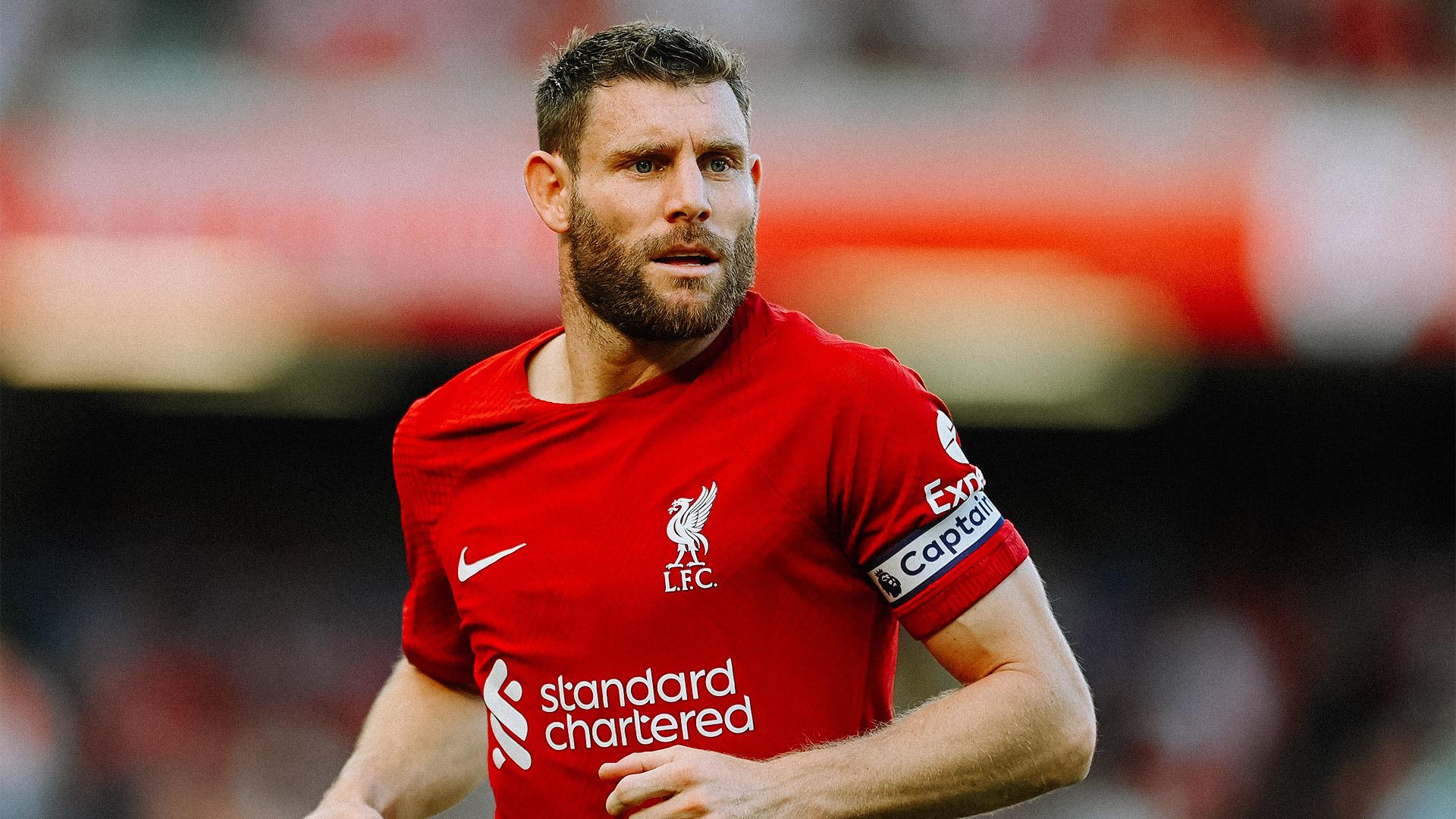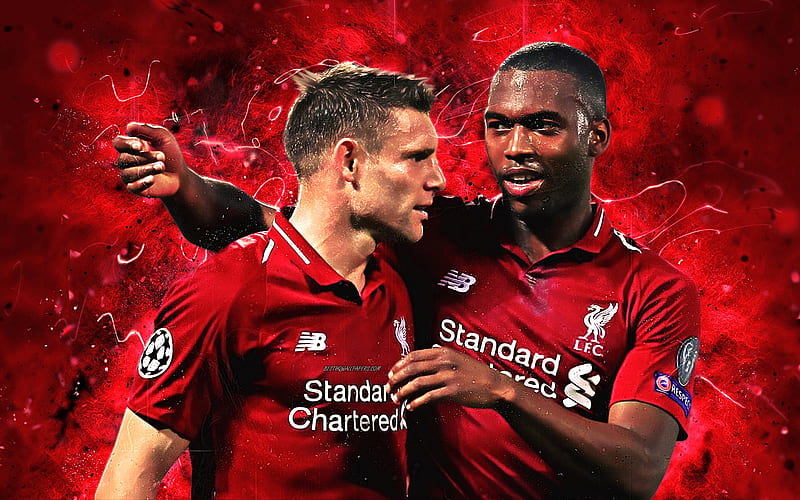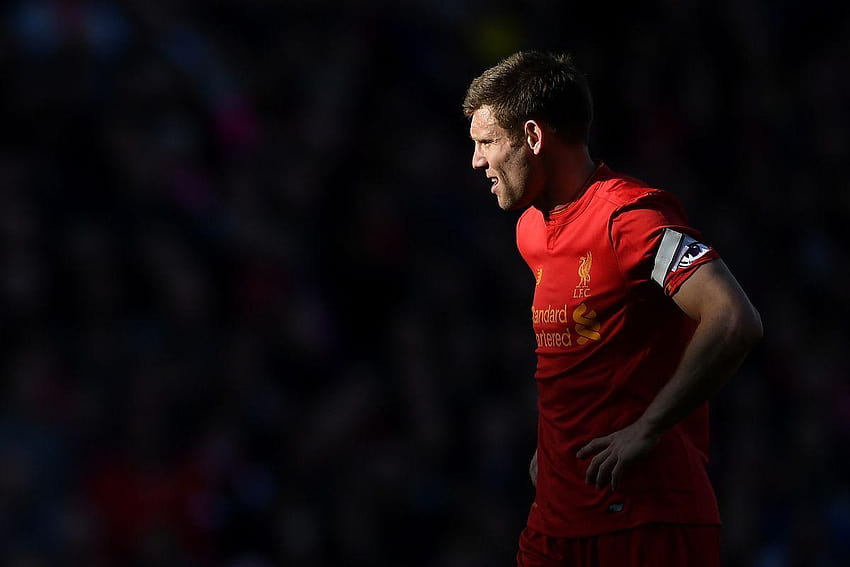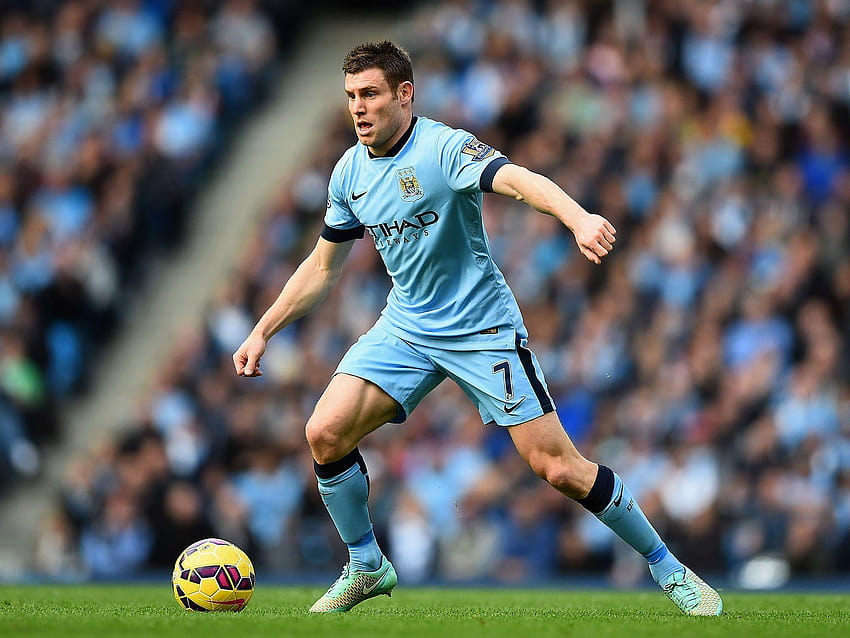James Milner (Part 2)
James Milner (Part 2)

James Milner's loan spell at Aston Villa proved to be a significant turning point in his career. The loan came about as part of a clause in Newcastle's acquisition of Nolberto Solano from Aston Villa, allowing Milner to join Villa for the remainder of the season.
Under the management of David O'Leary, who had previously worked with Milner at Leeds, Villa was eager to secure Milner's services and believed they got the better end of the deal. Milner made an immediate impact, debuting for Villa in a Premier League match against West Ham United and scoring his first goal just five days later against Tottenham Hotspur. His standout performance came in a League Cup match against Wycombe Wanderers, where he helped orchestrate a remarkable comeback, scoring two goals in the process.
Despite Villa's struggles that season, Milner remained positive about the team's prospects and expressed his desire to join the club permanently, citing the opportunity for regular playing time. O'Leary also expressed his desire to sign Milner permanently, even reallocating funds earmarked for other transfers to secure his signature.
However, the situation became uncertain with the appointment of Glenn Roeder as Newcastle's manager, who expressed his appreciation for Milner's abilities and hoped to retain him. Additionally, Villa faced financial constraints, making a permanent deal for Milner seem unlikely.
Ultimately, negotiations for Milner's permanent transfer to Villa broke down initially, with Villa rejecting an offer that included Milner as part of a trade deal for Gareth Barry. However, with the takeover of Villa by Randy Lerner and the appointment of Martin O'Neill as manager, talks were revived. A move seemed imminent, but Newcastle unexpectedly recalled Milner at the last moment, leading to the breakdown of negotiations.
James Milner's return to Newcastle United for the 2006-07 season was met with positivity from both his teammates and manager Glenn Roeder. He became a regular starter for the team throughout the season.
Despite Newcastle's struggles in the Premier League, Milner played a pivotal role in their UEFA Cup campaign, helping the team reach the round of 16. Despite rumors of a potential transfer during the January window, Milner and Roeder dismissed these speculations.
Milner showcased his versatility and goal-scoring ability during the season, scoring important goals against Manchester United, Birmingham City, and West Ham United. His performances earned him a new contract at Newcastle, securing his future at the club until 2011.
Under new manager Sam Allardyce, Milner continued to impress and signed another four-year contract extension in May 2007. Allardyce praised Milner's experience and commitment to the team, though he was cautious about overplaying him to avoid burnout.
Milner's contributions on the field were recognized, such as scoring Newcastle's 500th home Premier League goal and earning praise from Allardyce. However, his season was cut short due to a foot injury, causing him to miss the final nine matches.
Amid rumors of a potential transfer to Liverpool in May 2008, it was revealed that Milner had submitted a written transfer request to Newcastle, despite starting the season with the team and scoring in a League Cup match against Coventry City.
James Milner made a significant impact during his time at Aston Villa after joining the club in August 2008 for a fee of £12 million. He signed a four-year contract with the club and quickly established himself as a key player.
Milner made his debut for Villa against Liverpool in August 2008 and scored his first goals for the club on his 23rd birthday in a third-round FA Cup tie against Gillingham, where he netted both goals in a 2–1 victory.
His first Premier League goal for Villa came in January 2009 in a win against Sunderland. Shortly after, he received his first call-up to the England senior team, reflecting his impressive performances at club level.
Throughout his time at Villa, Milner showcased his versatility and adaptability, often playing in the center of midfield. He continued to score crucial goals, including a memorable free-kick against Everton and the opening goal in the 2010 League Cup final against Manchester United, although Villa ultimately lost the match.
Despite interest from Manchester City, Villa rejected a £20 million offer for Milner in May 2010. However, it became clear that Milner desired a move to City, and Villa's manager Martin O'Neill stated that he would only be sold at the club's valuation.
Milner remained professional and committed to Villa, even scoring a goal in their first match of the 2010-11 season against West Ham United, despite being on the verge of a move to Manchester City. His performances at Villa earned him accolades such as Aston Villa's Supporters' Player of the Year and the PFA Young Player of the Year for the 2009-2010 season.
James Milner's move to Manchester City was finalized on 17 August 2010, with Aston Villa agreeing to a deal worth around £26 million, including a player exchange involving Stephen Ireland. Milner made his debut for City in a 3–0 win against Liverpool, where he provided an assist for Gareth Barry. He scored his first competitive goal for City in an FA Cup match against Leicester City, kicking off a cup run that culminated in City winning the 2011 FA Cup final, although Milner was an unused substitute in the final.
Milner's first Premier League goal for Manchester City came against Everton in September 2011, and he added another goal in a match against his former club Aston Villa. He played a crucial role in City's memorable 6–1 victory over Manchester United at Old Trafford, contributing to two goals.
During the 2011–12 season, Milner made 26 Premier League appearances as Manchester City secured their first league title in 44 years. He also won his first Community Shield in August 2012, as City defeated Chelsea.
In the 2012–13 season, Milner continued to be a key player for City, scoring goals against Sunderland, Arsenal, and Manchester United. He notably scored the winning goal against Bayern Munich in the UEFA Champions League, becoming the first English player to score for Manchester City in the competition that season.
Milner's contributions helped Manchester City secure a League Cup win and their second Premier League title during the 2013–14 season. His versatility and work ethic made him a valuable asset to the team during his time at the club.
James Milner added another milestone to his illustrious career by scoring in Liverpool's 1–1 draw against his former club Manchester City. With this goal, he broke a Premier League record for the most matches scored in without losing, extending the streak to 47 matches.
During the 2017–18 season, Milner showcased his playmaking abilities in the UEFA Champions League, assisting nine goals in a single campaign. This achievement set a new record previously held by Wayne Rooney and Neymar.
Milner reached another milestone in the Premier League, scoring his 50th goal during a 1–1 draw against Arsenal. The following month, he became only the 13th player in Premier League history to make 500 appearances, achieving this feat during a 4–0 win at Bournemouth. Notably, he became the second youngest player to reach this milestone after his former teammate Gareth Barry.
Milner celebrated a significant triumph as he won his first UEFA Champions League title. He contributed to Liverpool's success by coming on as a substitute in the final against Tottenham, which ended in a 2–0 victory for Liverpool. This victory marked a crowning achievement in Milner's career at Liverpool.
References
- "James is the latest teenage soccer hero". Craven Herald & Pioneer. 31 December 2002. Archived from the original on 19 May 2010. Retrieved 28 July 2007.
- a b Collins, Roy (9 September 2007). "James Milner keeps feet on the ground". The Daily Telegraph. London. Archived from the original on 5 September 2009. Retrieved 9 September 2007.
- ^ "Come on and join the girls". Yorkshire Evening Post. Leeds. 10 May 2004. Archived from the original on 30 January 2023. Retrieved 3 December 2011.
- ^ "Leeds United Foundation". Boston Spa School. Archived from the original on 25 November 2011. Retrieved 3 December 2011.
- a b c d e f g Shaw, Phil (31 December 2005). "James Milner: 'Players my age want to play in the World Cup. I'm no different'". The Independent. London. Archived from the original on 14 November 2018. Retrieved 19 January 2011.
- a b Townsend, Nick (4 January 2004). "The birthday boy in a very different world from Wayne". The Independent. London. Archived from the original on 11 April 2020. Retrieved 19 January 2011.
- ^ Wrigglesworth, Dave. "Profile of James Milner: aged 14 years". Horsforth School. Archived from the original on 11 May 2003. Retrieved 9 September 2007.
- ^ "Milner magic seals Nationwide Glory". The Football Association. 14 July 2002. Archived from the original on 28 August 2004. Retrieved 28 July 2007.
- ^ "Milner: I gave the ball away with my first touch!". Premier League. 20 December 2018. Archived from the original on 4 September 2021. Retrieved 22 April 2021.
- ^ "Leeds win Upton Park thriller". BBC Sport. 10 November 2002. Archived from the original on 8 June 2004. Retrieved 22 April 2021.
- a b c "16 James Milner – Midfielder". ESPN Soccernet. Archived from the original on 29 December 2006. Retrieved 28 July 2007.
- ^ "The Premiership's youngest guns". BBC Sport. 27 December 2002. Archived from the original on 28 March 2009. Retrieved 11 August 2007.
- ^ "Youngest Premiership goalscorers". BBC Sport. 11 April 2005. Archived from the original on 4 September 2021. Retrieved 18 September 2009.








































